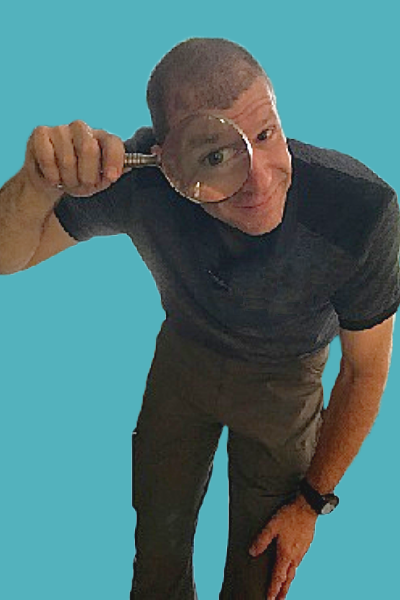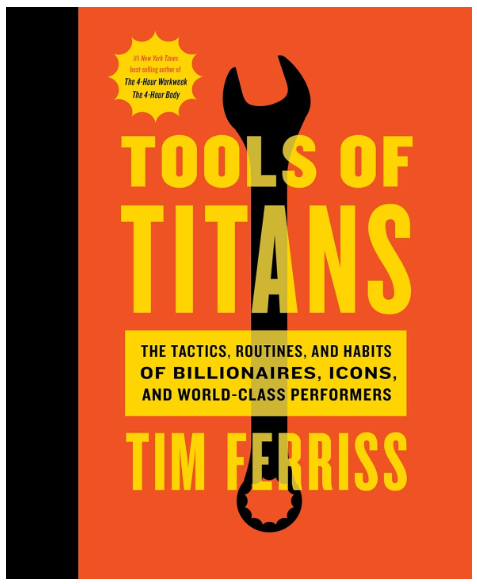As business people, we are subject to scrutiny by our potential clients. They’re often probing and prodding, looking for insight into whether we’re an inspector they can rely on. Much of the time, the first thing they look for is experience. When did you start doing your job? Clients want to know how long we’ve been practicing our craft.
When a company is hiring, they want to know if an applicant is experienced in their industry. When we buy something online, we likely check how long the seller’s been in business and look at their reviews. So, when a potential customer is considering hiring us, it’s only natural that they’d want to know how much experience we have in our field.

When we ask someone how much experience they have at something, we’re looking for clues to how good they are at their job. We correlate experience with time on task. Without digging too deep, we usually assume that someone who’s been an inspector for 15 years would be a better at their job than someone who’s only been at it for two.
As humans, our default setting is to believe that the person with more years is better at his job, which typically serves us well, as most of the time this assumption is close to reality. In the chaos of our daily lives, we simply lack the time and resources to adequately vet every single individual we encounter in a casual business transaction.
For inspectors who are new to the industry, this way of thinking, this default mental setting, poses some serious problems.
Whenever someone enters a new industry, they’re automatically at a disadvantage: They don’t yet have the experience of their competitors. When you’re a new inspector trying to drum up business, your employment possibilities are often governed by the amount of experience that you have. That Realtor is going to want to know that you’ve done lots of inspections before she’ll trust you with her clients.
As a new inspector, we face a conundrum:
How are we supposed to get this all-important experience if we can’t seem get hired to do the job?
When faced with this situation, the responsibility falls on our shoulders to create our own experience. Manufacturing the experience we need is likely going to require some creative thinking. Maybe we can offer to do free inspections for our friends and family. Maybe we offer agents free inspections on the homes that they have listed. Maybe we even offer free inspections on the agents’ personal homes.
Obviously, doing free inspections isn’t going to pay the bills, but our main focus here is getting time on task. The more inspections we can do, the more knowledge and experience we gain, which is exactly what our clients are looking for. Yes, working for free is painful and we always run the risk of failure. However, at this point in the game, every inspection we do gets us that much closer to a successful career.
Being successful as a professional home inspector is possible, but we’ve got to view it as a long-term project. We should think of our career like we think about saving for retirement: We can do it, but we can’t do it all at once. We’ve got to take it a little bit at a time, with small but consistent wins. Eventually, those incremental deposits into our experiential savings account will turn us into the experienced inspector we’re striving to become.

I leave you today with two ideas. The first is a direct quote from Randy Pausch, an American professor of computer science: “Experience is what you get when you didn’t get what you wanted, and experience is often the most valuable thing that you have to offer.” The last is a paraphrased quote from author Cassandra Clare, who said that in one way or another, all experience hurts.
Don’t forget to go out today and “hurt yourself.”
Would you like to get an email every Friday where we share the newest things we’ve discovered about home inspections? CLICK HERE to sign up.
Want to be an Influencer in Your Field? Share This Post!
Thanks, Joe


